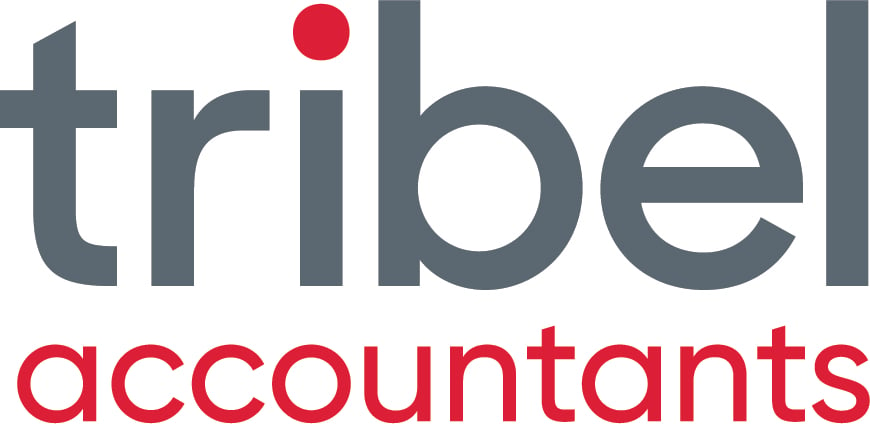INTRODUCTION:
OK I know, it's only April and you're thinking "Hold on. Let's just get this year out of the road first before we start thinking about next financial year!" and yes I get that. However, after nearly 10 months of 2017/18, you must have a bit of a feel about what has worked and what could be done better for the year ahead? What should some of the questions be then when thinking about what needs to improve in the coming 12 months? Here are some suggestions.
1: What's Cash Flow Been Like?
Successful businesses have great cash flow. Not only are they not hamstrung in changing tack with strategies that might require some investment, they also get to take advantage of things like:
- supplier discounts = higher margins and profits;
- tax planning = less tax (many strategies require cash flow);
- more state of the art systems & plant & equipment = better efficiencies;
- higher offers when selling = better business valuations; and
- better remuneration for best talent = great team members.
If you haven't sat down with your accountant or business advisor and asked them about the benefits of three way budgets do this ASAP. The sooner you find out why cash flow is not as good as it could be the better and going through the budgeting process will see you bring out the best in strategic plans for the next 12 months or so.

Do you know how to win the race? What was the plan - go out and see how you go or have a strategy that would see the best possible chance of success?
2: What Team Changes/Additions Do We Need To Make?
How has the team performed this year? Is there anything holding them back? Do we have the right people in the right roles and do we have enough resources to ensure we can deliver our growth plans and promised customer experience? All great business plans have an organisational structure that should be constantly reviewed.
Is the business totally reliant on the owners to run it and is there scope to appoint a business manager? Sometimes as owners we want to do everything ourselves and the temptation is not to spend money on another position as it is incorrectly assumed it will only affect the bottom line.
But what if some of the daily things could be managed by someone else? Would this freed up time allow you to concentrate on the bigger picture and bring in more business and explore many things such as ways to get ahead of the competition?
For each of the major positions within the business (including yourself) write down exactly what each person does and whether any of these duties could be delegated so that more time is spent working on the business.
Please also note that if you don't have a plan in place, how can you work out whether you have the right people within the organisation? You will also find that people will do a much better job if they have a leader who tells them what the end game is and how it is intended to be won.

3: What's New Around The Business We're In?
Is our business up with times or are we stuck in the dark ages (this can be 12 months ago these days!). What are we doing to stay abreast of those things that are cutting edge? Do we attend industry fairs? Do we know what our biggest and best competitors are doing? What do our customers really want these days from our products and services?
4: What's Worked & What Hasn't?
Assuming that you have implemented things in the past year, sit back and ask what were the best 5 things you introduced and what were the 5 worst? What has been working well and what sticks out as the biggest hurdle stopping the business to move forward?

Get the team together and invite suggestions as part of the planning process to make your business hum!
5: What Help Do We Need?
Like all business owners, it's very easy to get stuck in the doing and not monitoring the progress of the business on a regular basis. Where required seek help from your accountant or business advisor. Meet with them quarterly at least to discuss the business performance. Ask them to explain where the cash is and whether there are any warning signs in the balance sheet and profit and loss statement.
The quicker problems are addressed, the better the profits and cash flow will be.
Do not wait until the tax return is due which is often 18 months after the financial year began.
There's also only one thing worse than doing a planning session and setting budgets and that's not measuring planned against actual!
CONCLUSION:
As accountants we are always telling our clients that it's never too early to plan. Whilst the final outline might not occur until just before the start of the new year, starting by asking yourself some of the questions above will have you thinking in the right direction so that you hit the ground running and business success becoming much more likely!


.png?width=100&height=100&name=COVID_Safe_Badge_Digital%20(002).png)




